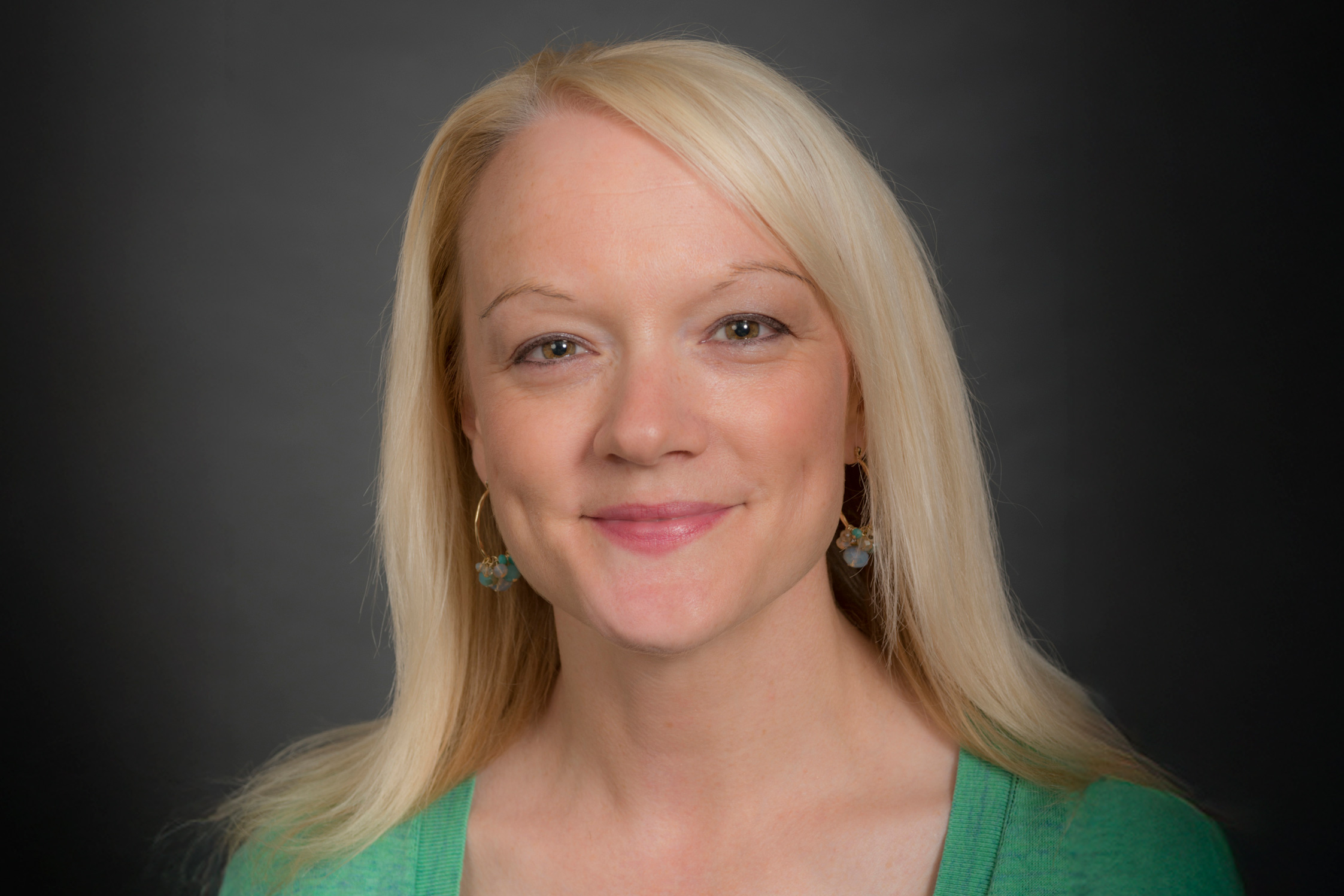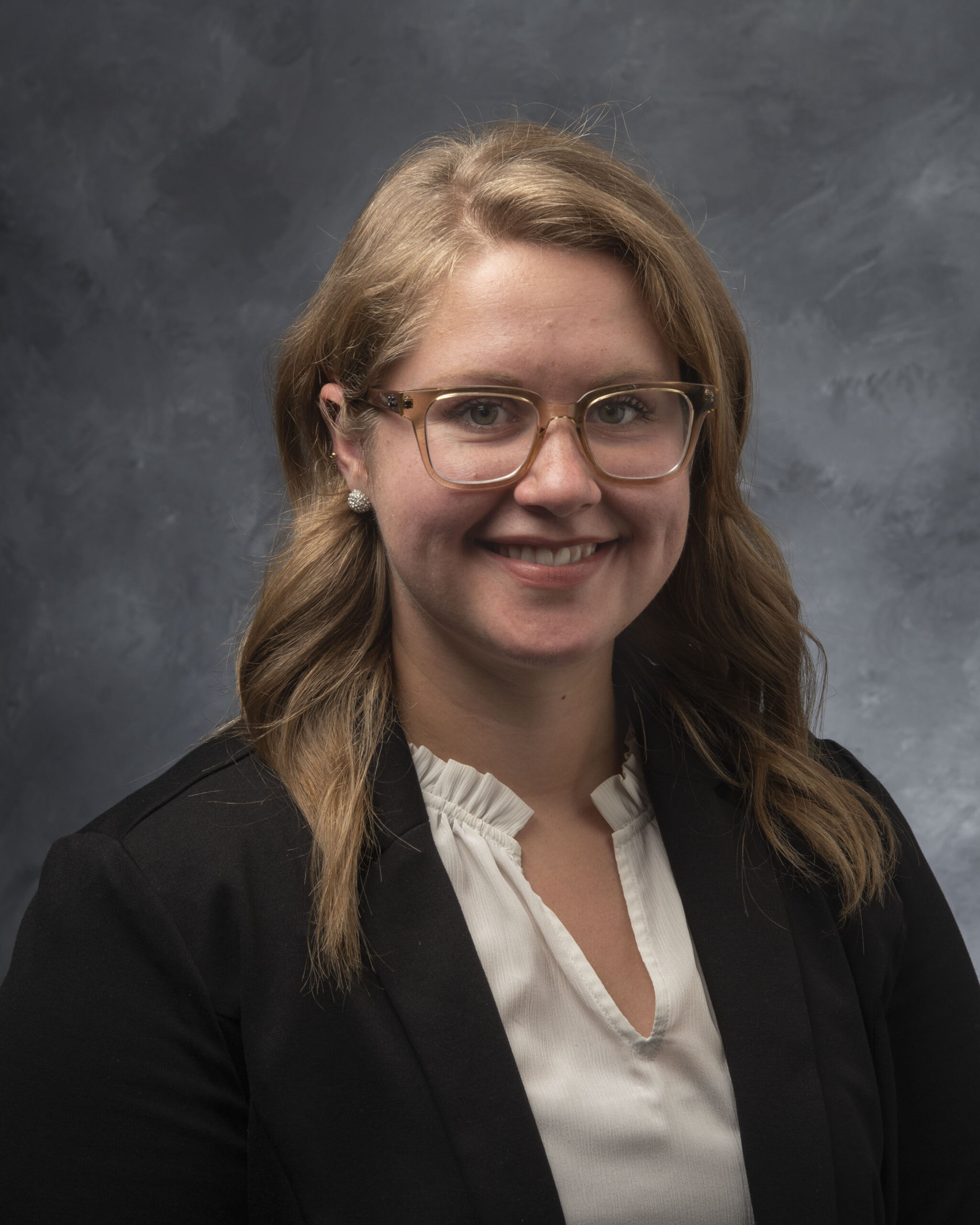Rural Cancer Survivorship
Rural Cancer Survivorship Research Collaboratory
Whitney Zahnd, assistant professor in health management and policy has established a collaboratory dedicated to advancing rural cancer survivorship. Zahnd’s interdisciplinary team is focusing on rural cancer survivorship research. Iowa has the second highest rate of new cancers among all states, and one of only two states with an increasing incidence rate. However, more Iowans are surviving cancer, with an estimated 46.6% of survivors residing in rural counties. Providing care in rural areas can be challenging when effective or promising interventions exist but are not available. An implementation science approach, focused on identifying barriers to implementing evidence-based interventions and the strategies to overcome those barriers, is critical to bringing comprehensive survivorship care to rural areas.
Collaboratory Aims
Aim 1
To expand and strengthen patient/caregiver engagement to address cancer survivorship needs in rural Iowa.
Aim 2
To enhance capacity for implementation science research focused on cancer survivorship.
Aim 3
To leverage local and national data sources to inform future rural cancer survivorship and caregiver research and interventions.

Dr. Whitney Zahnd, Team Lead
Department of Health Management and Policy
Dr. Zahnd is a health services researcher, deputy director of the RUPRI Center for Rural Health Policy Analysis, and a full member of the Holden Comprehensive Cancer Center. She has conducted numerous studies on rural cancer across the continuum including survivorship. She has served as the Cancer Prevention and Control Research Network (CPCRN) Rural Cancer Workgroup co-chair and on the board of the Iowa Rural Health Association, currently in the role of past president.
Collaborators

Natoshia Askelson
Department of Community and Behavioral Health

Mary Charlton
Department of Epidemiology

Jessica Gorzelitz
Department of Health and Human Physiology

Julie Lee
Department of Health Management and Policy

Sara Nash
University of New Mexico

Heather Reisinger
Department of Internal Medicine

Aaron Seaman
Department of Internal Medicine
External team partners include the Iowa Rural Health Association, Iowa Cancer Consortium, and the American Cancer Society.